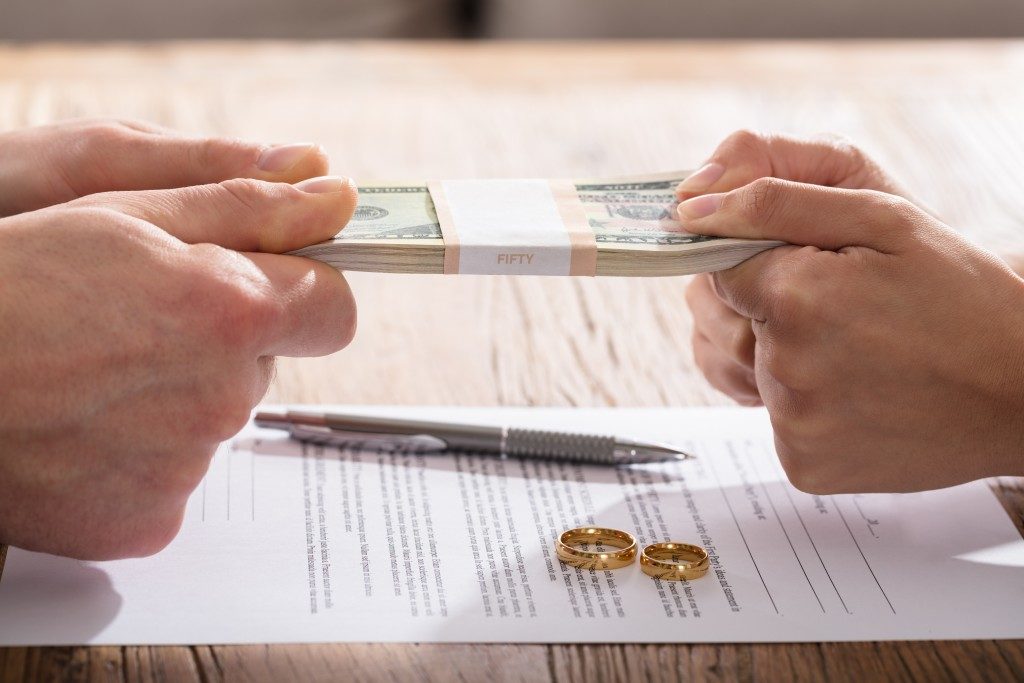Professional negligence is a serious accusation for both businesses and practitioners, regardless of one’s influence, professional level, or industry. That said, any business owner or practitioner who encounters such an accusation should never take it lightly. While a professional negligence claim is certainly not the end of the world, it can bring forth significant amounts of damage to one’s reputation.
What is professional negligence?
First things first, let’s define what professional negligence is. In simple terms, professional negligence is when an industry professional fails to fulfill the responsibilities expected from a reasonably competent person in their field. For a professional negligence claim to be valid, there have to be three criteria present:
Breach of duty of care
Every professional owes a duty of care to their clients. If a professional fails to perform up to the reasonable standards of a competent person in their profession, they may be liable for a professional negligence claim. For instance, if an accountant fails to educate his or her clients about standard taxation laws regarding their specific business avenue, the client may have a claim against them.
Loss
If a client does not experience a loss due to the professional’s breach of duty of care, they are unlikely to file a professional negligence claim, much less succeed in doing so. Thus, there has to be a loss for a claim to be valid.
Causation
A loss is a key criterion in a professional negligence claim, but for the claim to be valid, there has to be causation. If the loss occurred because of the negligent actions of a professional, they might have a valid reason. However, if the loss would have happened despite the negligent counseling, the client may not have a claim against the professional.
What to do if you are accused of professional negligence
If a client files a professional negligence claim against you, here’s what you should do:
-
Don’t ignore it
An accusation of professional negligence should never be taken lightly. As tempting as it might be, don’t ignore it. If a client is dissatisfied with the service, find ways to rectify the problem before it goes to court.
-
Lawyer up
If a client proceeds to file a claim against you—or threatens to do so—it is in your best interests to hire a lawyer that is well-versed in professional negligence claims. Seek help from competent groups like Duxton Hill Chambers (Singapore Group Practice) for the best legal assistance.
-
Let your insurer know
Most professionals have professional indemnity insurance, which is mandatory in some professional fields in Singapore, such as law. If you have coverage, notify your insurer immediately—even if there is no actual claim against you yet. If a client does as much as verbally accuse you of professional negligence, let your insurance company know of the possibility of a claim as soon as possible.

-
Gather records of everything
Documentation is an important factor in fighting against a professional negligence claim. Gather documents records of everything related to the transaction, such as contracts, receipts, conversations, and letters—both physical and electronic. Make copies as necessary and store the extra copies in a safe place. If you already have a lawyer, bring these documents to them so that they can help prepare you for the worst.
-
Be neutral
It is only natural to be defensive, frustrated, or even angry when someone accuses you of professional negligence. However, you should approach each accusation neutrally. Resolve errors on your end as soon as possible, but don’t make any admissions without consulting your lawyer first. In doing so, you may avoid hefty legal costs and perhaps even keep the client despite the situation.
How to avoid professional negligence claims in the future
-
Manage client’s expectations
Always ensure that you and your client are on the same page about what to expect from each other, especially on your part. Keep an agreement in writing so if they make demands beyond the expectations you have set. You can remind them of what you have agreed upon.
-
Obtain insurance
If you don’t have one yet, get professional indemnity insurance, even if it is not mandatory in your profession.
-
Don’t go beyond your expertise
Never perform requests or actions that are outside of your expertise. Making even the smallest mistake can land you in legal hot water if the client decides to sue.
Professional negligence can be easily avoided with the right precautions in place, but it can still happen. Knowing what to do right from the start can help you avoid costly fees, as well as keep your reputation intact.



